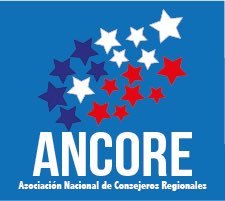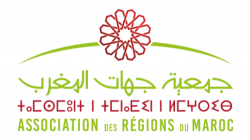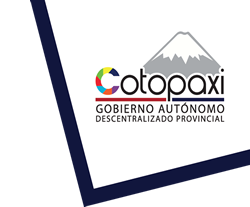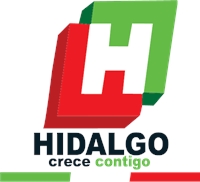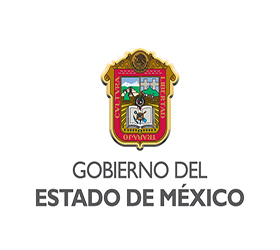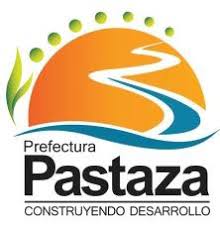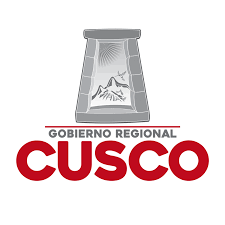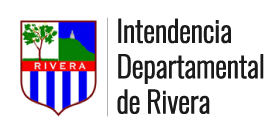Citizenship at the Center? Let's start with active listening.
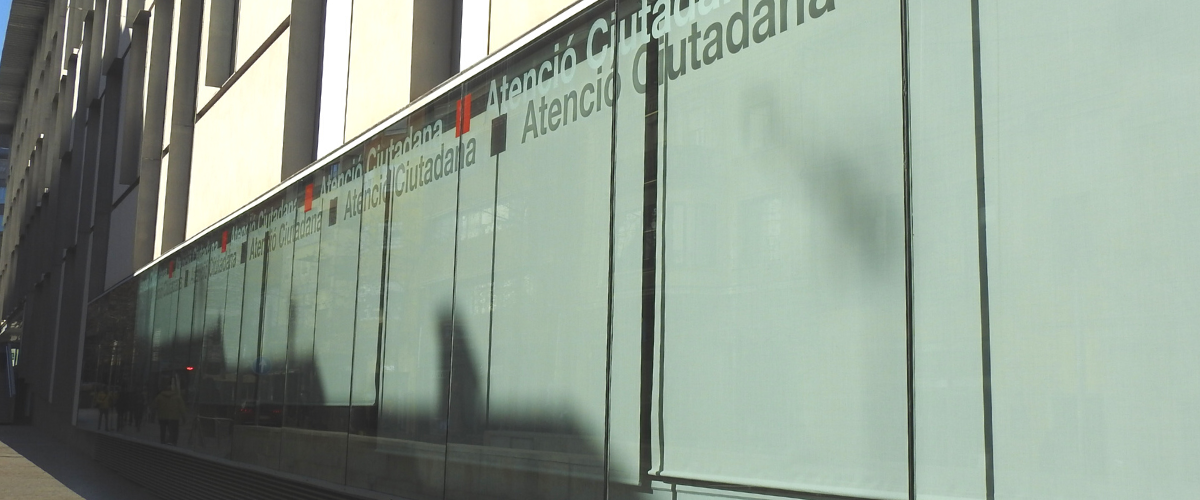
Ester Manzano Peláez
Director General of Digital Services and Citizen Experience
Government of Catalonia
In recent years, public administrations have talked a lot about putting the citizen at the center, like a mantra that now appears in any speech. This concept also motivates comments like, "We have always put the citizen at the center because we work for the citizen." But in reality, it is difficult to find concrete actions and proposals that land this idea.
In the case of the General Directorate of Digital Services and Citizen Experience of the Government of Catalonia, we are working hard. We want to promote a service model that meets the needs of an increasingly digital society, while leaving no one behind.
To achieve this, we are promoting a model that aims to break myths and is based on:
- Active listening to the needs, expectations, satisfaction, and behaviors of citizens to improve their experience of accessing public services.
- Accompanying citizens to facilitate their access to public services in a new and increasingly digital context.
- Integrated service provision that simplifies the relationship between the administration and the citizenship.
- Direct and easy-to-understand communication that fosters a relationship model based on trust that makes things understood.
Where do we start? Joan Lluís Vives said, "there is nothing as easy or as useful as listening a lot," and we want to be useful and listen. To this end, we have created citizen experience spaces.
- What are they? Spaces for testing public services with citizens before their implementation or improvement.
- What formats do they have? They can be in-person, digital, or hybrid, depending on the characteristics of the service being tested.
- What profile of citizens can participate? Citizens over 16 years old who want to collaborate, men, women, of different age groups, from all regions, digital natives and non-natives, users and non-users of technology, with special accessibility needs, etc. We want all the groups to be represented. Our slogan is "We're looking for people like you!"
- What is being tested? The goal is to ensure that the service made available to citizens is accessible in a broad sense. Therefore, the following aspects are verified:
- The language used is comprehensible for accessing the service.
- The steps to follow are understandable and do not lead to misinterpretation.
- The access to the service is suitable for the channel used by citizens (in-person, telephone, and digital).
- The satisfaction index of the experience.
- What will be the result? Once the service has been tested, a report will be prepared to identify aspects for improvement. The report will be shared with the service's development team so that necessary adjustments can be made, and the results will be returned to the people who have participated in the sessions.
- What are the basic ingredients?
- Public administrations that are eager to improve, innovate, and respond to the needs of citizens who have selected procedures or services with significant impact for testing.
- Proactive citizens who are willing to get involved and contribute value through their visions, ideas, and experiences to public services.
- Preparation of spaces, customizing each session based on the service being tested.
The response from citizens to this invitation to collaborate has been very positive. In just over a month, nearly 400 people have registered, and we are already finalizing the first sessions, with all that it entails: dates, invitations, dynamics, etc. We want to open this gift provided by citizen experience spaces because when someone constructively tells you what you can improve, it is a tremendous gift. As citizens, it is about taking action and engaging in a process of involvement, collaboration, analysis, and courage to dedicate part of our time to providing value for the benefit of public services.
Citizen experience spaces also accompany citizens in the world of digital procedures, conducting practical learning workshops that address topics such as: How should I identify myself in the digital world? How should I attach documentation? What is the private area, and what does it offer me? How can I use it?
These spaces are complemented by other initiatives that help us improve active listening. An example is the project to measure citizen satisfaction to obtain evidence that helps us redefine and adapt public services based on data. The idea is to ask for the opinion of users after they have interacted virtually or digitally with the administration, incorporating one more step in the process that allows for systematic collection of their opinions and experiences when accessing public services.
Finally, we use advanced analytics to help us answer questions that allow us to improve proactivity, personalization, and the overall experience of accessing public services.
This active listening, as Joan Lluís Vives said, is easy, but it requires the collaboration and involvement of citizens and public employees. It is not a trend but something we believe can be highly relevant to improving the experience of accessing public services: all the visions add up!
More information here: https://atenciociutadana.gencat.cat/ca/detalls/noticia/Nova-guia-per-aprendre-a-comunicar-en-llenguatge-planer


